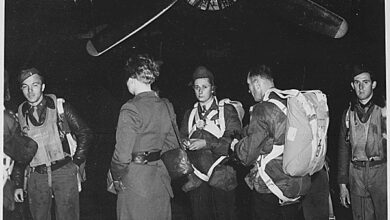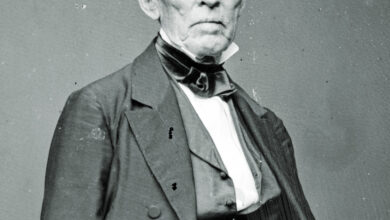During the War Years, Posters From the American Homefront Told You What to Do — And What Not to Do
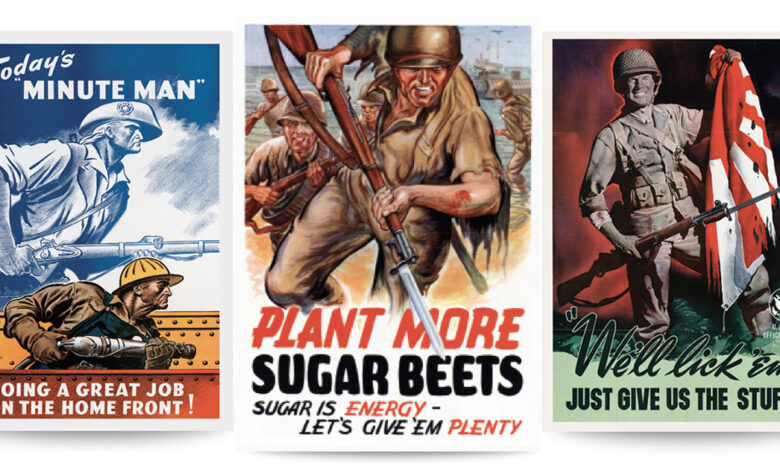
“The First World War saw the first widespread use of propaganda to stir patriotic fervour,” note Gill Saunders and Margaret Timmers in The Poster: A Visual History. “The need to raise vast sums of money from the public purse to fund the war spawned numerous posters advertising war bonds and loans; countries on both sides of the conflict employed some of their best poster artists for this purpose.”
If it had worked in one world war, why not try it in another? In his two-volume Propaganda: The Art of Persuasion: World War II, Anthony Rhodes notes the “barrage of posters” produced by government agencies like the United States Office of War Information as well as private companies during the war. And, observe Saunders and Timmers, “Both the British and the American governments strove to cement the idea of their national characteristics as unwaveringly plucky, with humour more likely to be employed than fearmongering.”
If you had any doubt about what you should be doing—or not doing—as an American to help the war effort, there was probably a poster that could point you in the right direction. Should you buy war bonds? (The answer was emphatically yes.) How about driving to work by yourself? (No! “When you ride ALONE you ride with Hitler!”) If you were a farmer, what should you produce? (Corn! Sugar beets! Milk!) Was it okay to chat about your work with that affable stranger at the bar? (Absolutely not! “Loose talk can cost lives.”) Colorfully eye-catching, the posters exhorted Americans to work harder, produce more war materiel, save gasoline and scrap metal, support their soldiers and sailors, and stop complaining about shortages. In one poster titled “Of course I can,” a young woman clutches her home-jarred food and says, “I’m patriotic as can be—And ration points won’t worry me!” (One thing that did not appear to be in short supply during the war was exclamation points.)
Perhaps the poster that best distilled all the exhortations into one single message showed a bloodied soldier pointing at a battle going on behind him and exclaiming, “More! More of everything—quick!”
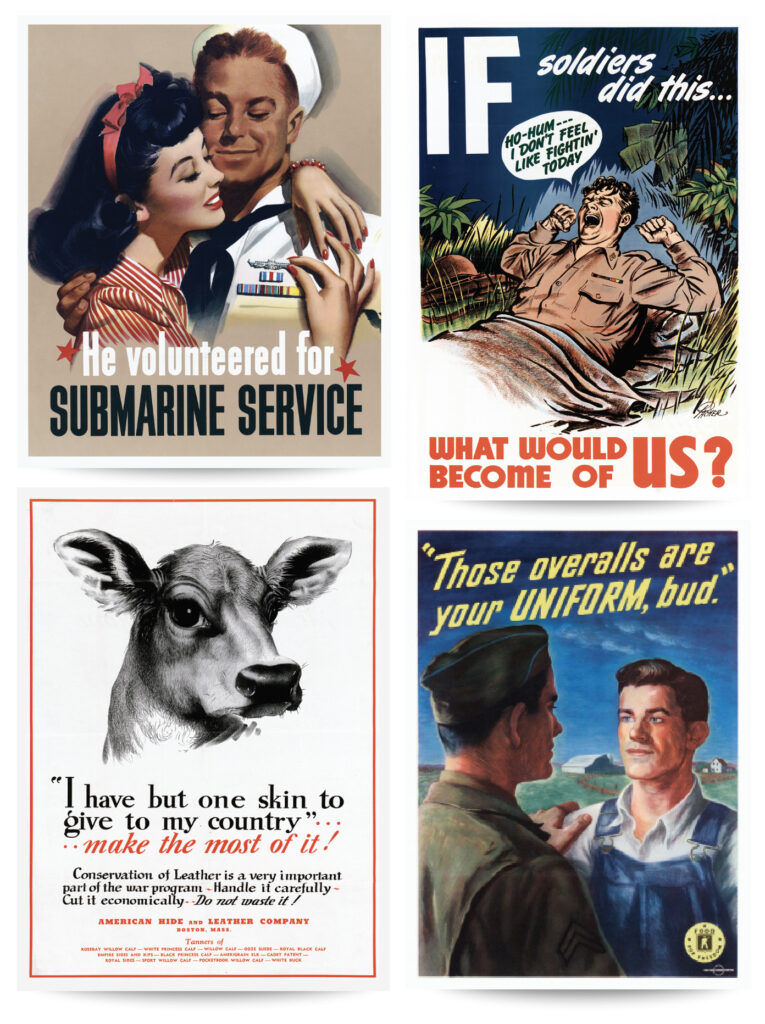
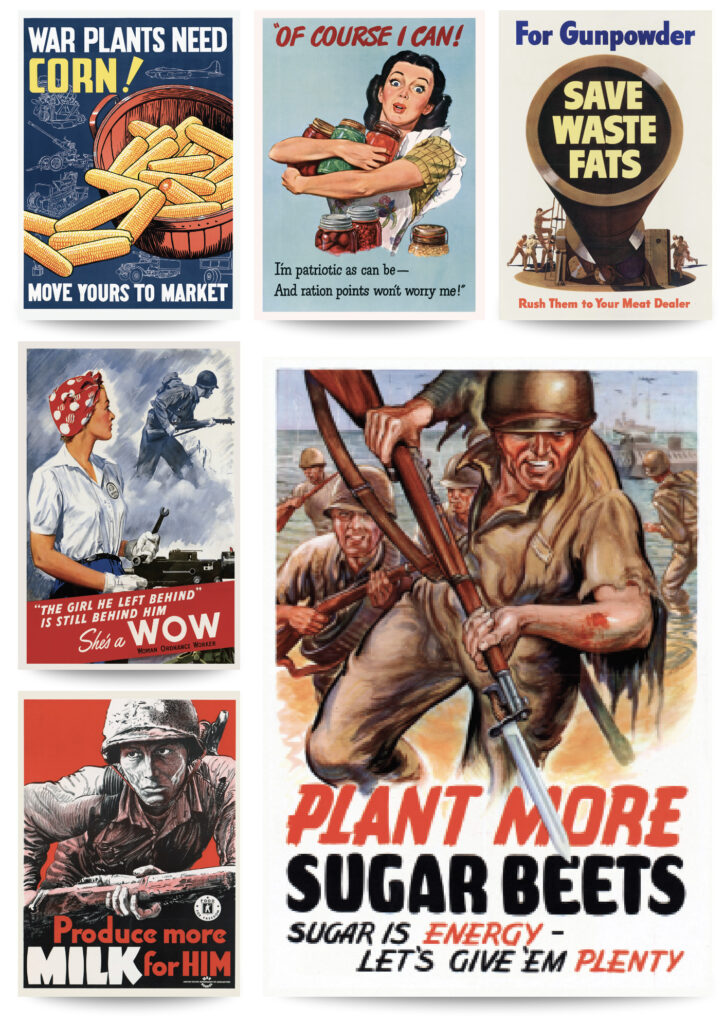
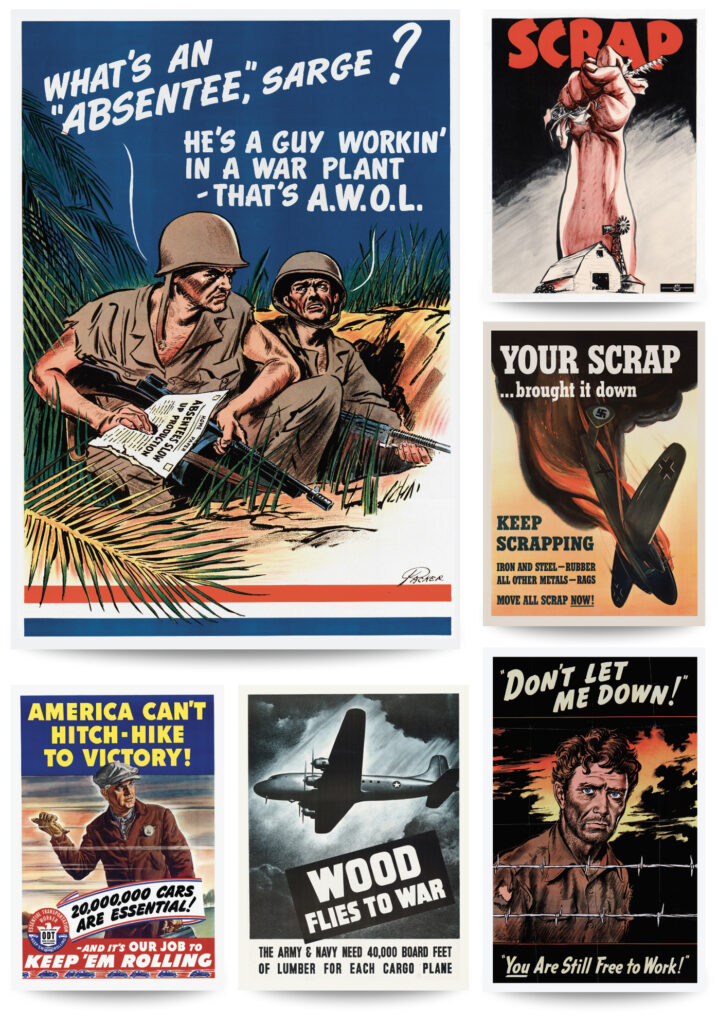
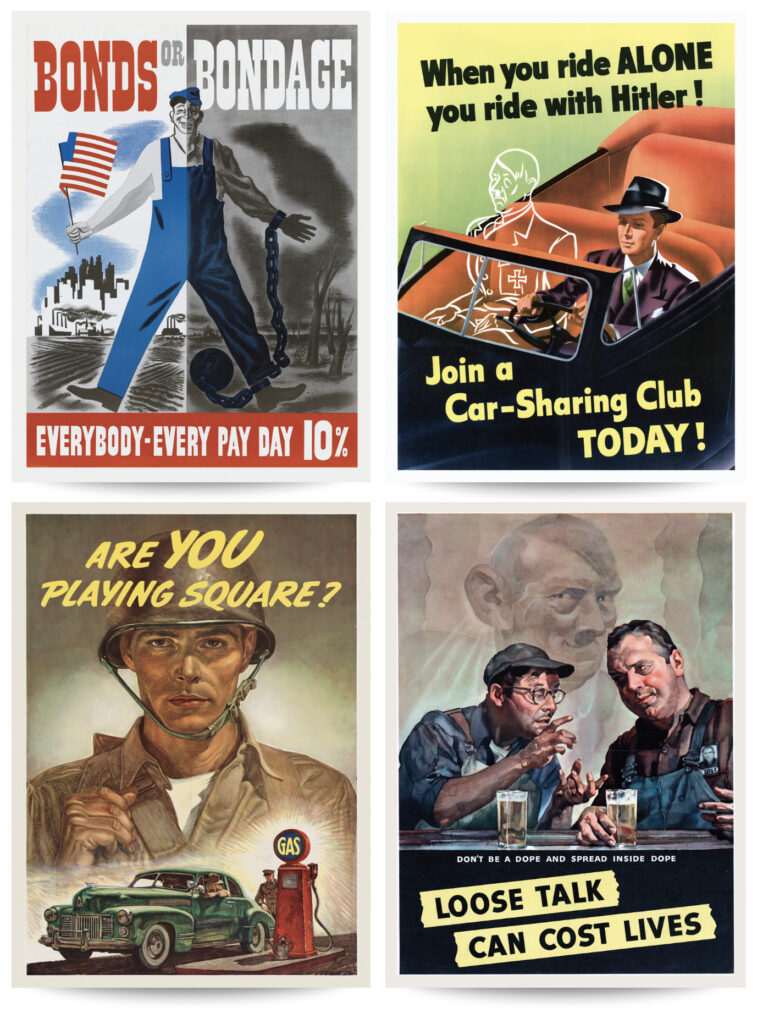
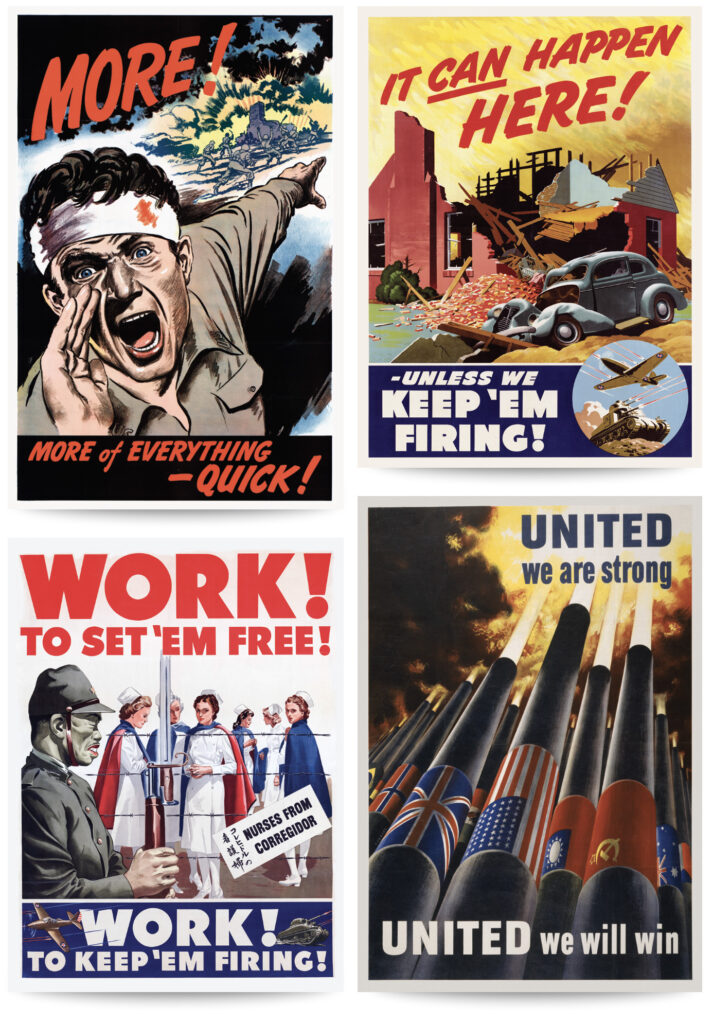
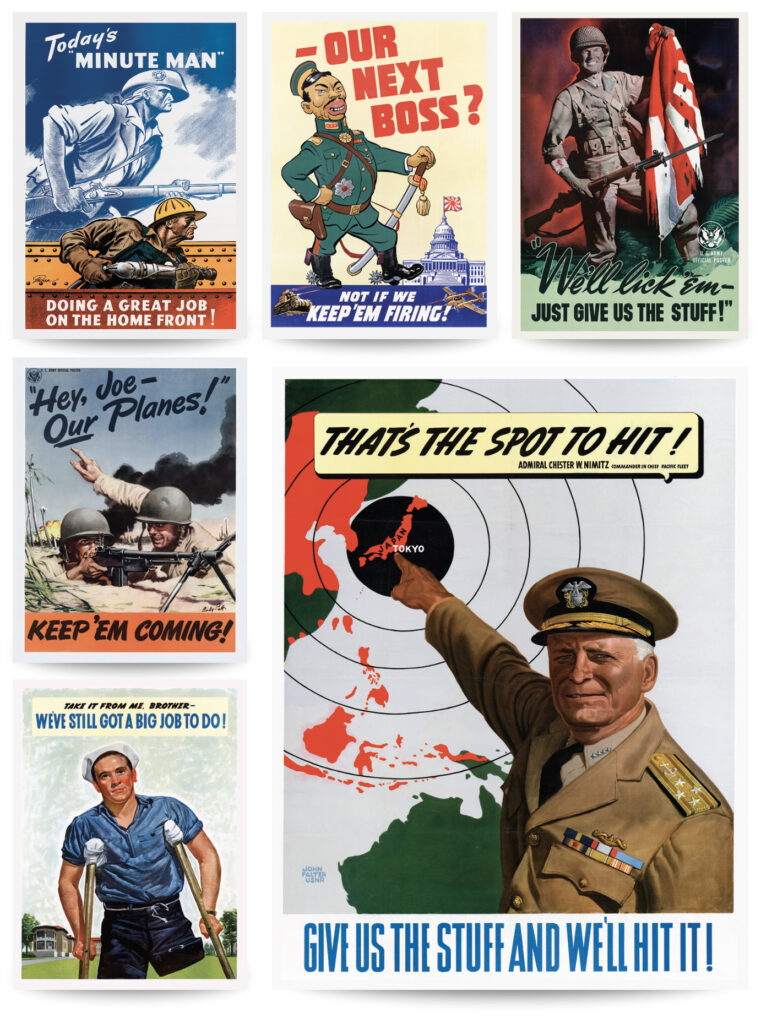
Source link

